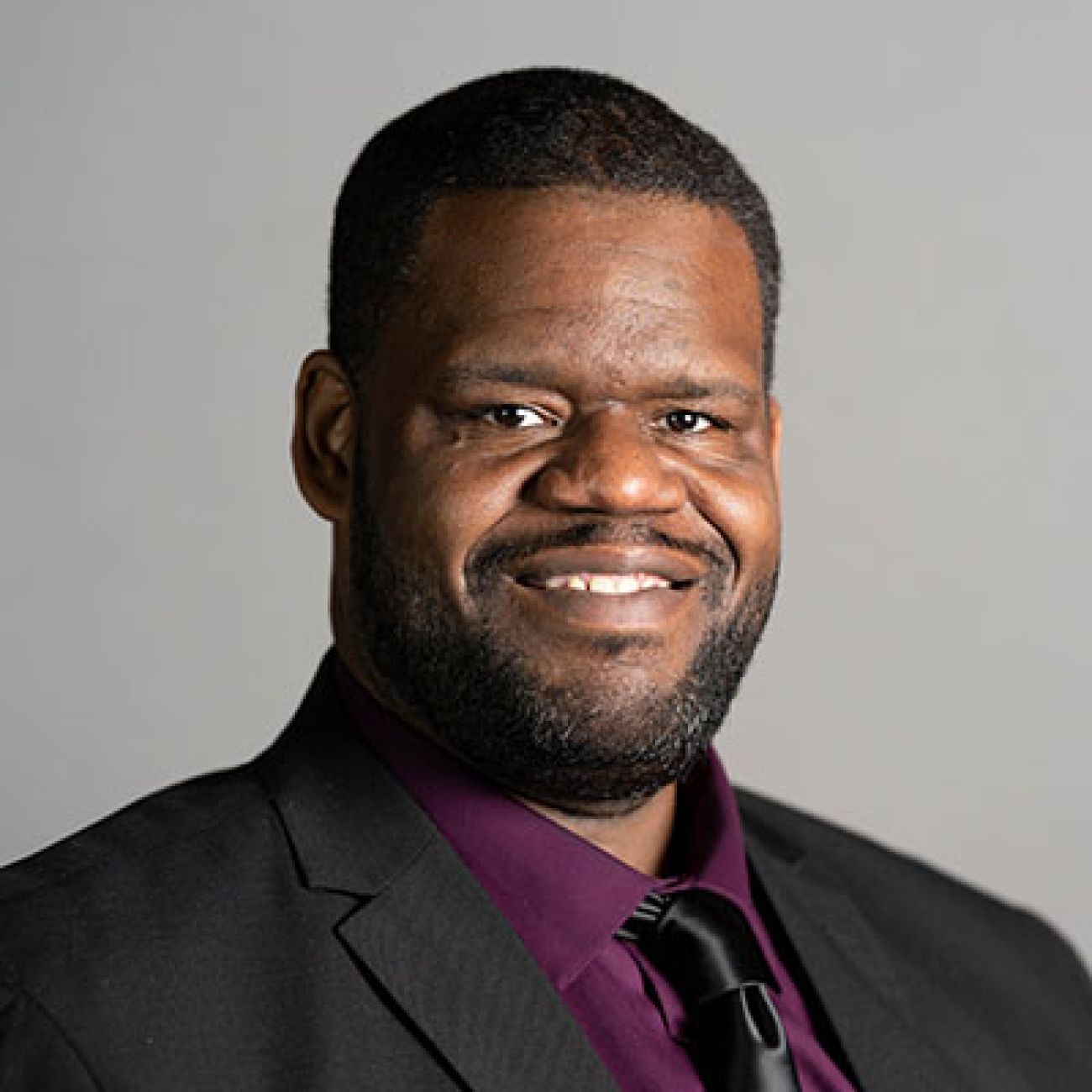Opinion | Michigan needs policy fixes to increase public transit options
It is not too much to say that in 2022 voters in Southeastern Michigan made clear what they thought of public transit in Southeastern Michigan. With a major shift of political power in Lansing, it is time to see what the state is going to do to push forward public transit in Southeastern Michigan and throughout the state.

The first question that has to be asked is what are the state's goals for public transportation?
The answer can be found in the Michigan Healthy Climate Plan. That plan calls for increased access to clean transportation options including public transportation by 15 percent each year.
This goal seems to be pretty clear. The question now becomes how do we achieve this goal?
In my view, there are structural problems within current state law that puts this ambition out of reach for the state. First it comes down to the funding. Secondly, a serious discussion over the structure of the Regional Transit Authority of Southeastern Michigan has to take place.
Public Act 51 sets up how the state is to fund public transportation. This not only includes all of the various roads and bridges throughout Michigan but also Michigan’s 81 transit agencies that are in all 83 Michigan counties.
We all know that fuel taxes we pay at the pump and vehicle registration fees are the two biggest ways the state funds roads. Public Act 51 also sets aside 10 percent of those dollars for eighty-one transit agencies. One has to ask if a 10 percent split among 81 transit agencies is an efficient way to fund public transportation, especially if it is the goal of the Whitmer administration to increase access to public transportation by 15 percent a year?
I think the answer is clear. If the governor and the legislature are interested in meeting the goals for public transportation, they need to amend PA 51 and slice out a much larger share of these dollars for public transit agencies.
In 2012, then-Governor Rick Snyder signed into law PA387 the Regional Transit Act. This statute created the RTA of Southeastern Michigan with the promise this agency would help bring about better, well-coordinated public transportation. It has been over 10 years and while there have been some improvements, the vision of RTA is far from being realized. While we can blame the pandemic for not seeing more progress in that time, the way PA 387 structured the RTA of Southeastern Michigan is the main culprit for why we have not seen more improvement since 2012.
PA 387 makes it so there has to be almost unanimous support by all counties before any kind of millage can be placed on the ballot. This gives one single county the ability to veto any kind of plan or millage. For example, if Wayne, Oakland and Washtenaw counties all wanted to go in on a millage, a simple no vote by Macomb would kill any measure from appearing on the ballot.
PA 387 does not give the RTA of Southeastern Michigan the flexibility to draw a service area that does not include those counties that don’t want to be involved. The good news is that, as last year's election showed, voters in Wayne, Oakland, Macomb and Washtenaw all want public transit and are willing to support it.
The legislature needs to fix PA 387 so the RTA of Southeastern Michigan becomes a coordinating agency that could be an effective tool in improving public transportation throughout Southeastern Michigan and maybe a model for similar agencies throughout the state.
If the governor and the legislature are interested in meeting their 15 percent goal, they can start with addressing public transit funding through PA 51 and fixing the structure of the RTA of Southeastern Michigan by addressing PA 387. It is past time for the state to catch up to where the voters have been for a long time.
See what new members are saying about why they donated to Bridge Michigan:
- “In order for this information to be accurate and unbiased it must be underwritten by its readers, not by special interests.” - Larry S.
- “Not many other media sources report on the topics Bridge does.” - Susan B.
- “Your journalism is outstanding and rare these days.” - Mark S.
If you want to ensure the future of nonpartisan, nonprofit Michigan journalism, please become a member today. You, too, will be asked why you donated and maybe we'll feature your quote next time!




